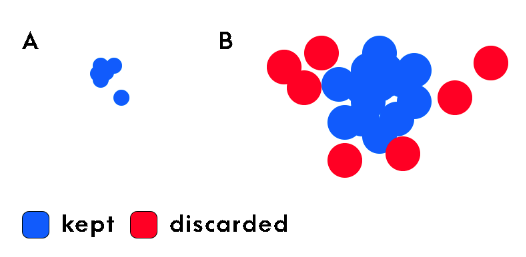There is one aspect about managing music in the digital domain that never stops bugging me.
It’s what is called ‘genre’.
And to relieve my own brain a little bit, I thought to bother other people with it, here.
One thing that MusicBrainz is very good, smart and wise at, is trying to get the facts straight. Or at least get them as straight as possible.
That’s not up for too much debate where it concerns items such as: artist names, instruments, dates, locations, publishers, etc.
And I have learned to have great faith and trust that MusicBrainz offers reliable results in all these areas.
But MusicBrainz also has the option to enter and store a much more subjective item as ‘genre’.
And compared to the items I named before, the ‘genre’ category is the one I don’t consider to be very complete or reliable.
This is not me critisizing the people that set and decide on the genre list, nor is it me critisizing the editors that are making an effort to populate these ‘genre’ relationships.
But I am wondering:
- Can it be expected of all (or even the slightest majority of) editors that they are willing and/or able to add complete and sensible ‘genre’ data to the releases that they enter?
- Are the end-users that do have a good knowledge and understanding of the music involved, and have sensible opinions on what music genres could be applied to them, actually adding to, and improving on MusicBrainz’ database in this respect?
To be honest, I have severe doubts on both points.
Far as I can tell this is not causing any real problems. But it makes me wonder:
- What are the deeper thoughts and goals behind MusicBrainz having a subjective category such as ‘genre’ in the first place?
- Assuming that it was understood and accepted that at first database entry these ‘genre’ relationships would not get populated in the most satisfactory way (if even at all), how was it anticipated that end-users with valuable knowledge and opinions on music genres would improve on this database?
